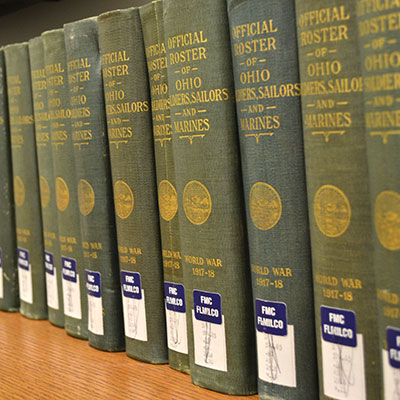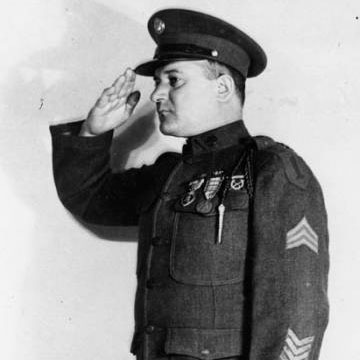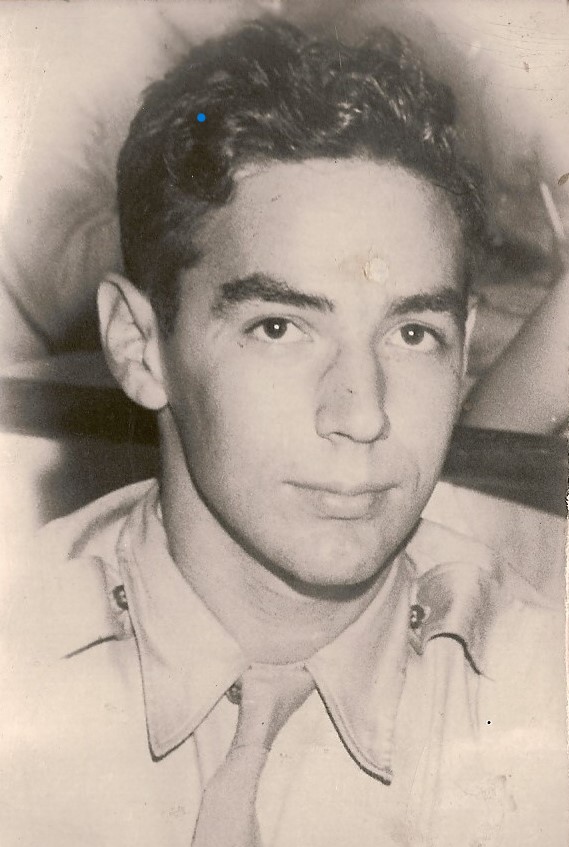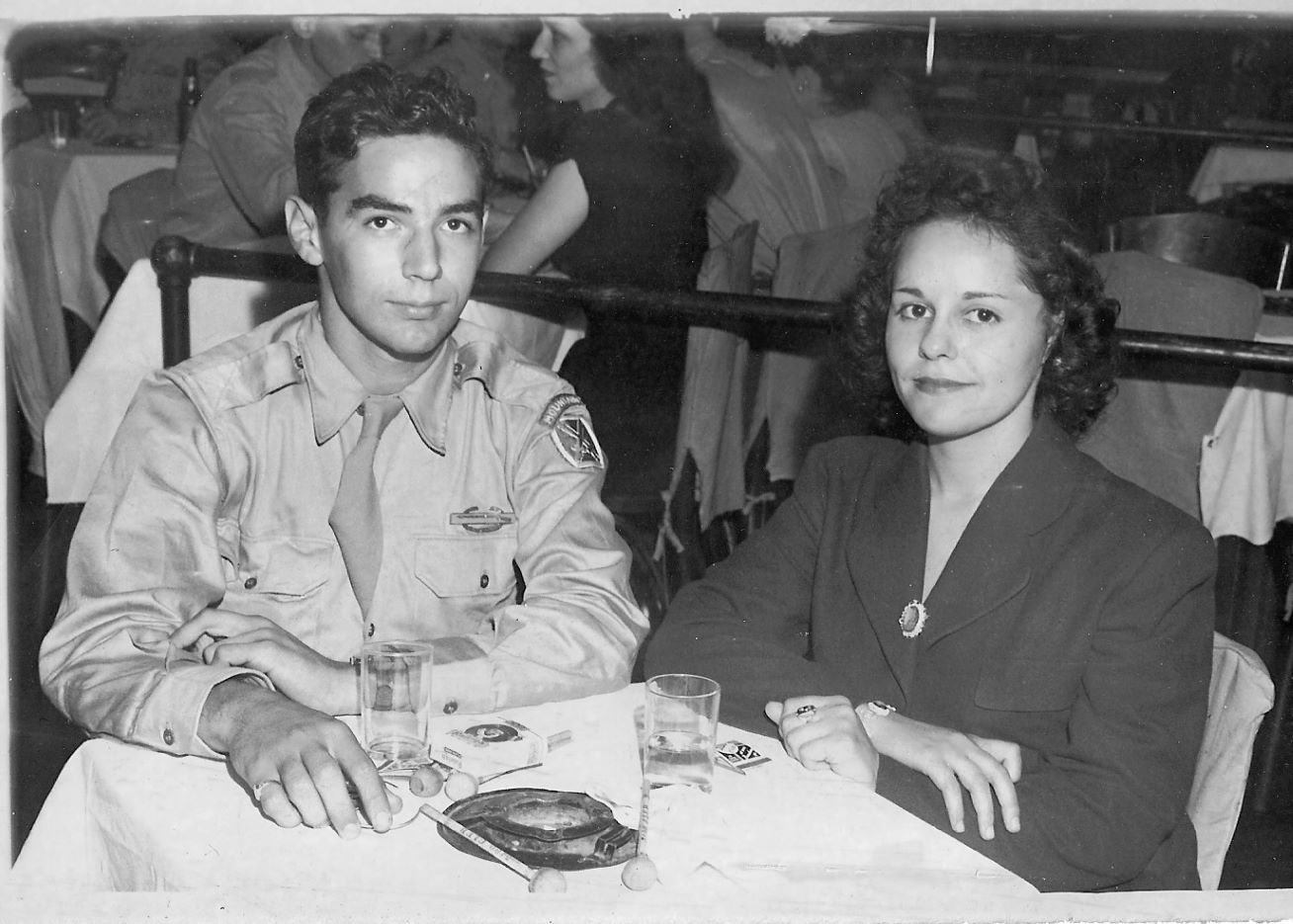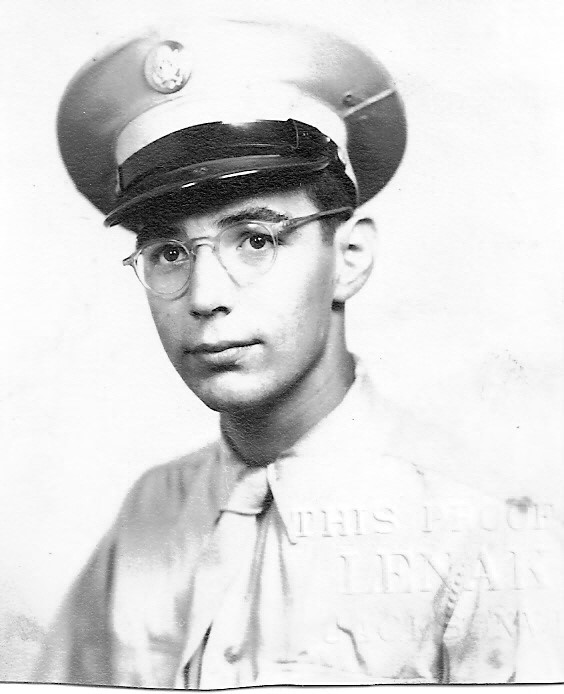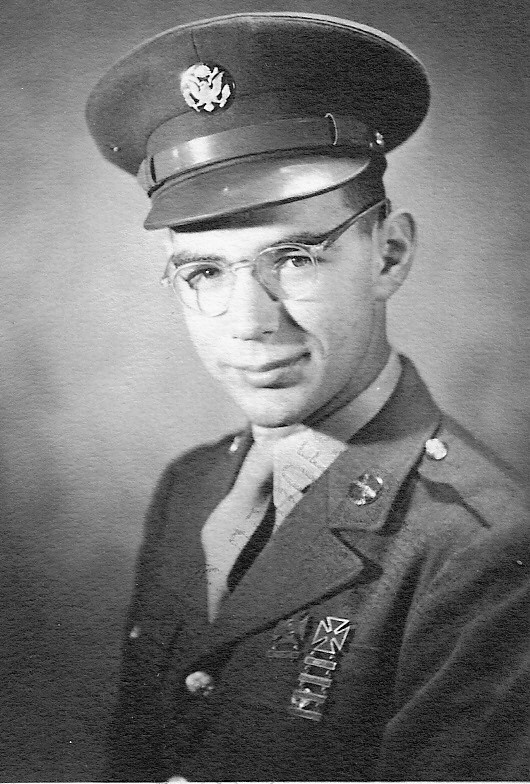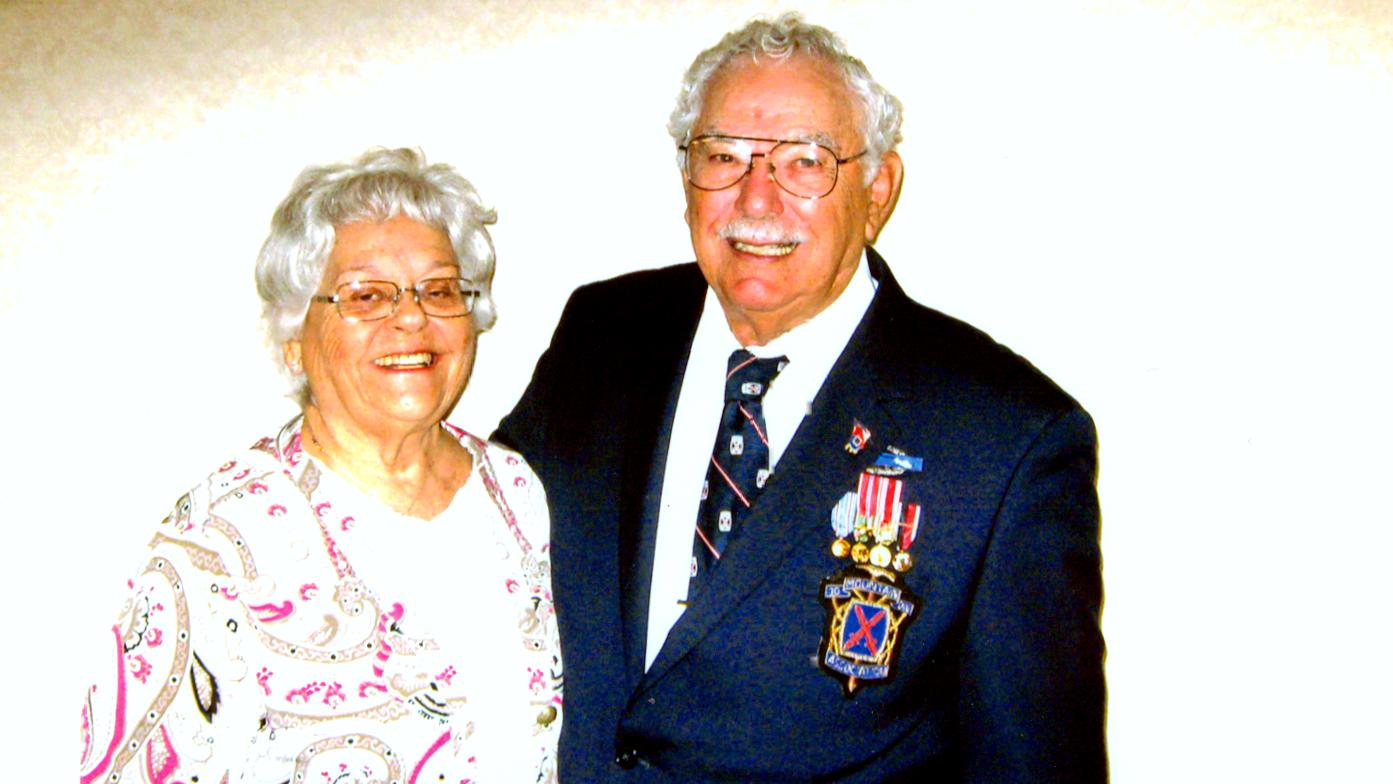Record date:
Jacob Pollack, Private, US Army
“The combat in the northern Apennines [ during World War II] demonstrated the valor… of the average Allied soldier…” This courage was also needed in the subsequent spring offensive in the Po Valley, Italy. Private Jacob Pollack, abruptly assigned in February 1945 as an ammo-bearer to the Headquarters Company, 2nd Battalion, 85th Mountain Infantry Regiment of the famed 10th Mountain Division of the 5th Army testify to this.
Born in Downers Gove in 1925, Jacob Pollack followed the footsteps of his four older brothers who were already doing military service during World War II.
An accident where his legs got burned during a bivouac while training at Fort Blanding, Florida shaped events to come. Meanwhile, his basic typing skills proved to be in demand and initially kept him away from the enemy and the inhospitable conditions of the Apennine mountains. Yet after months as a sergeant’s typist in the “Orderly Room” at a US Army base which was Count Ciano’s former dairy farm in Caserta, followed by a hospital stay for treatment of his infected burns, he was given a .50 caliber gun and 37-millimeter cannon and thrown into battle.
He describes racing after Colonel Darby’s Rangers down the mountains or crossing the Po River on small boats under the strafing of Nazi planes. Nor does he shy away from the gruesome fighting at tunnels that sheltered Nazi factories near Lake Garda, the persistent shelling back and forth when based at Malescine on this lake, or his own traumatic memory involving an injured comrade.
As a newbie replacement, he found himself asked to do guard duty excessively, sensing that as a replacement he was “cannon fodder”. Yet, Pollack’s ability to ask questions such as why soldiers were cutting down limbs of a tree and putting them over foxholes may have saved his life.
The war in Italy ended on May 2 and Polack then enjoyed being part of the US Army of Occupation, doing his best to talk with the local Northern Italians. After some adventures and a circuitous air route, he landed back where he began at Fort Sheridan. He recalls the joy of celebrating the end of the war itself in downtown Chicago. He spent his remaining eleven months of active duty as a typist and clerk processing the discharge of soldiers. In the interview, Pollack also reflects on what it meant for him to be a Jew in the US Army during World War II. With the Korean War still waging, Pollack was part of the US Army Reserves from 1946-1949.
Pollack married his childhood friend, Sophie. In reviewing his oral history in 2023, he explained that the two were a womb-to-tomb couple, married for seventy-three years yet friends for ninety-five years, separated only by her passing. Sophie wrote Jacob faithfully while overseas and the two raised a family in Downers Grove. He pursued the family’s penchant for business.
In spite of his earned Combat Infantry Badge and other honors, and his participation in numerous veteran associations, he cautions the young that war, though necessary at times, is not at all glamorous. Since 2000, he regularly talks to classes of sixth-grade students in Downers Grove about life there during the war. Pollack is promised a diploma for his efforts but not until he reaches the age of one hundred, which means about two more years of sharing his experiences with the students.
